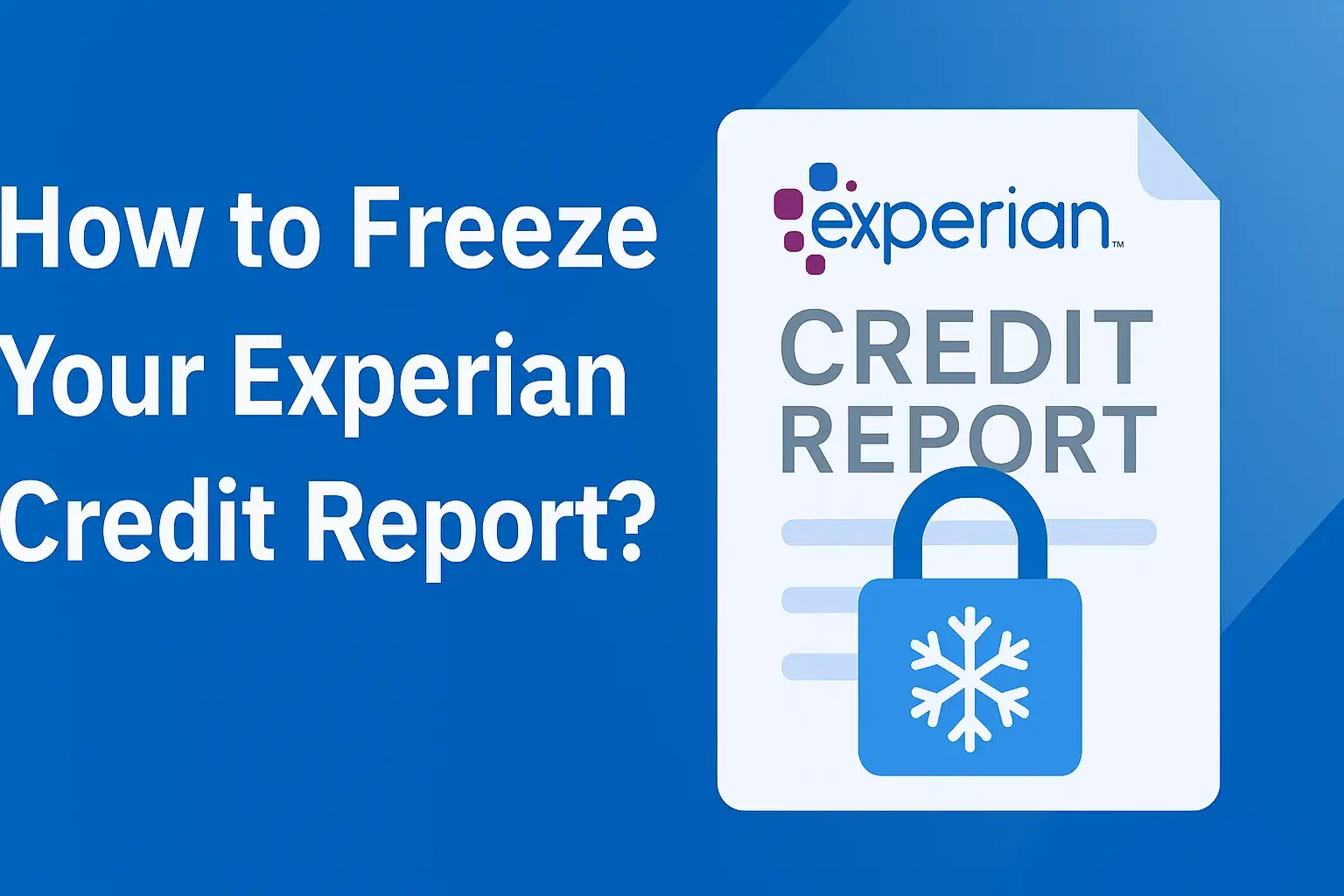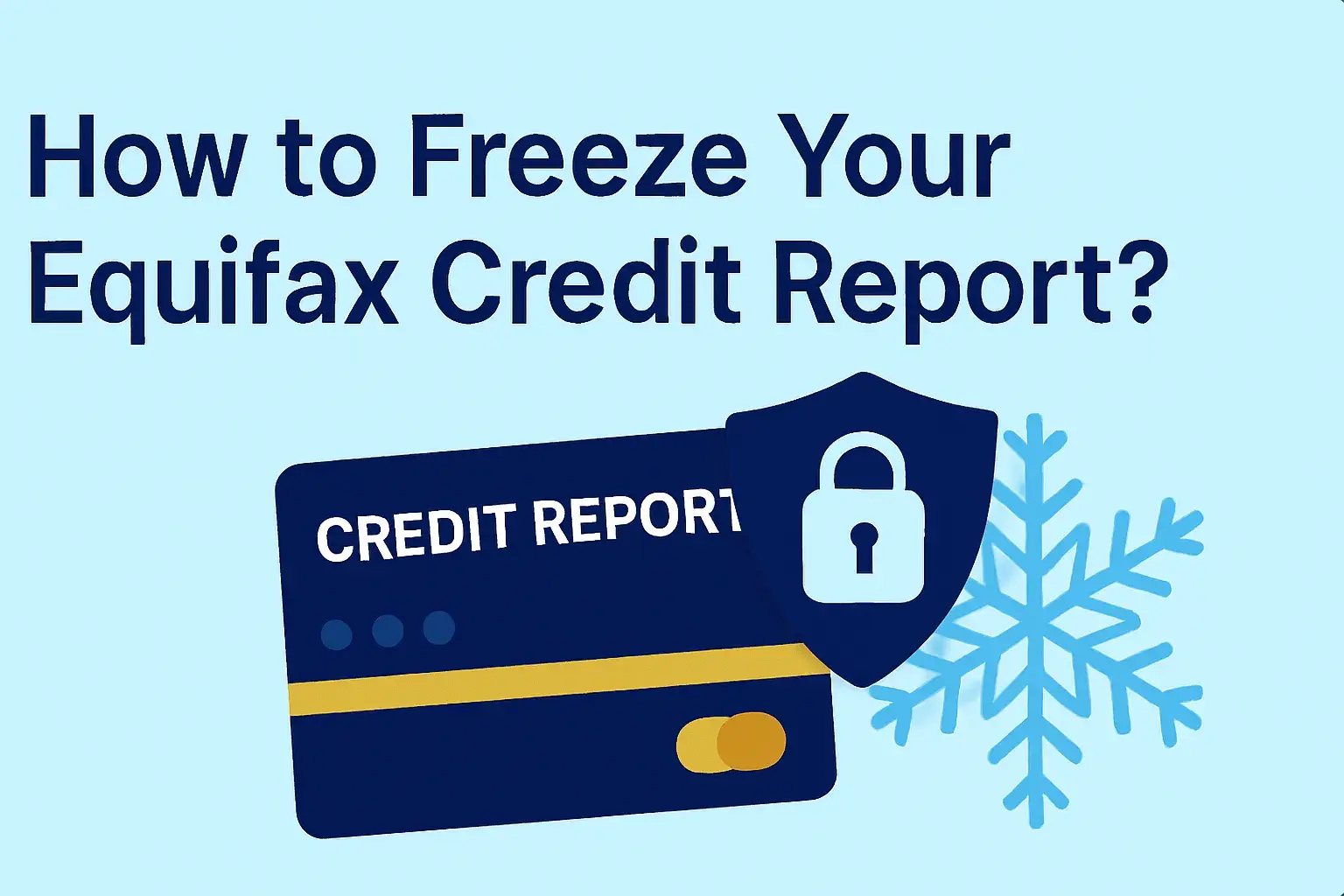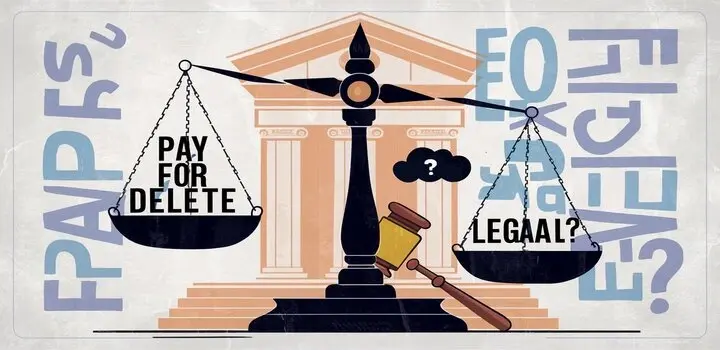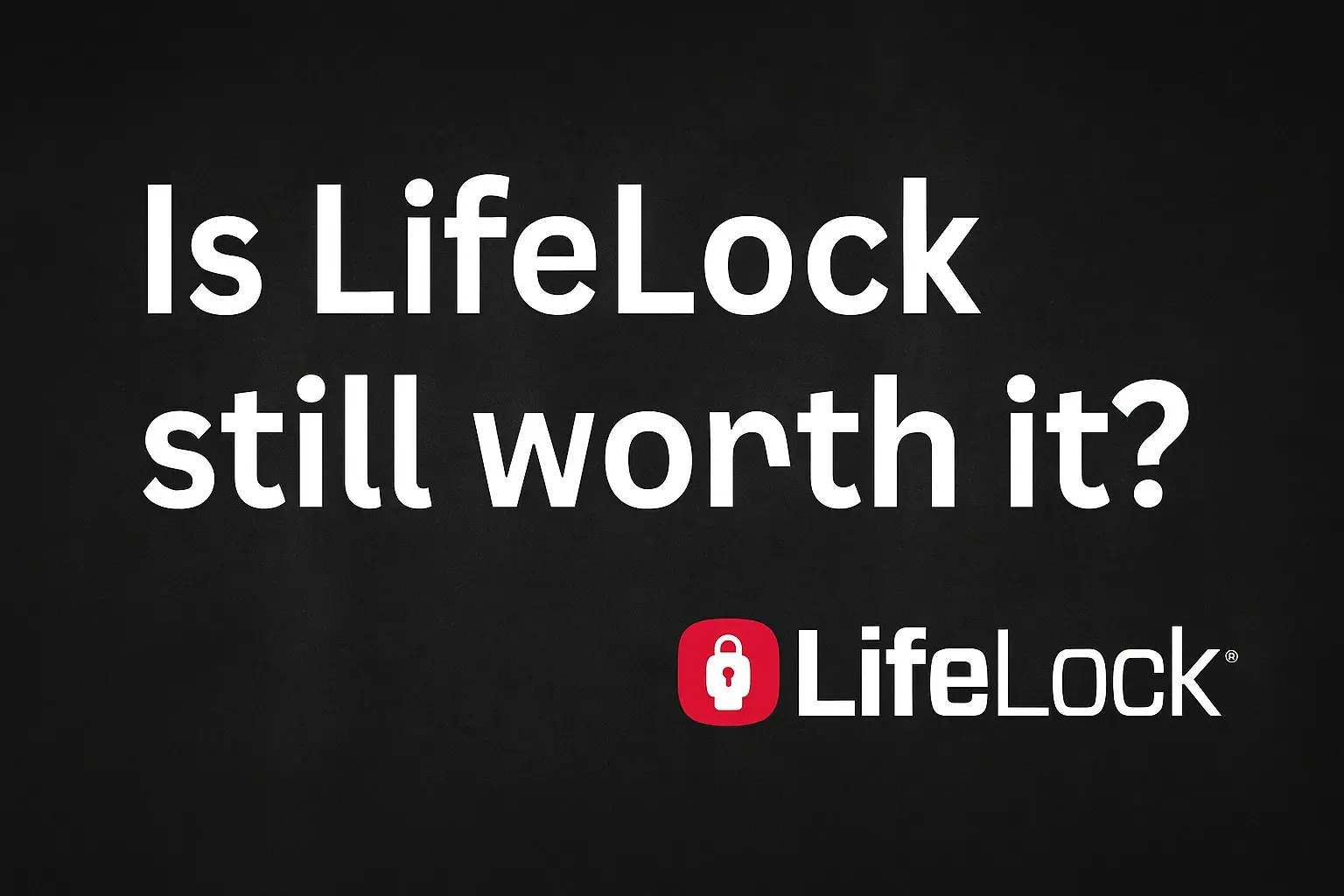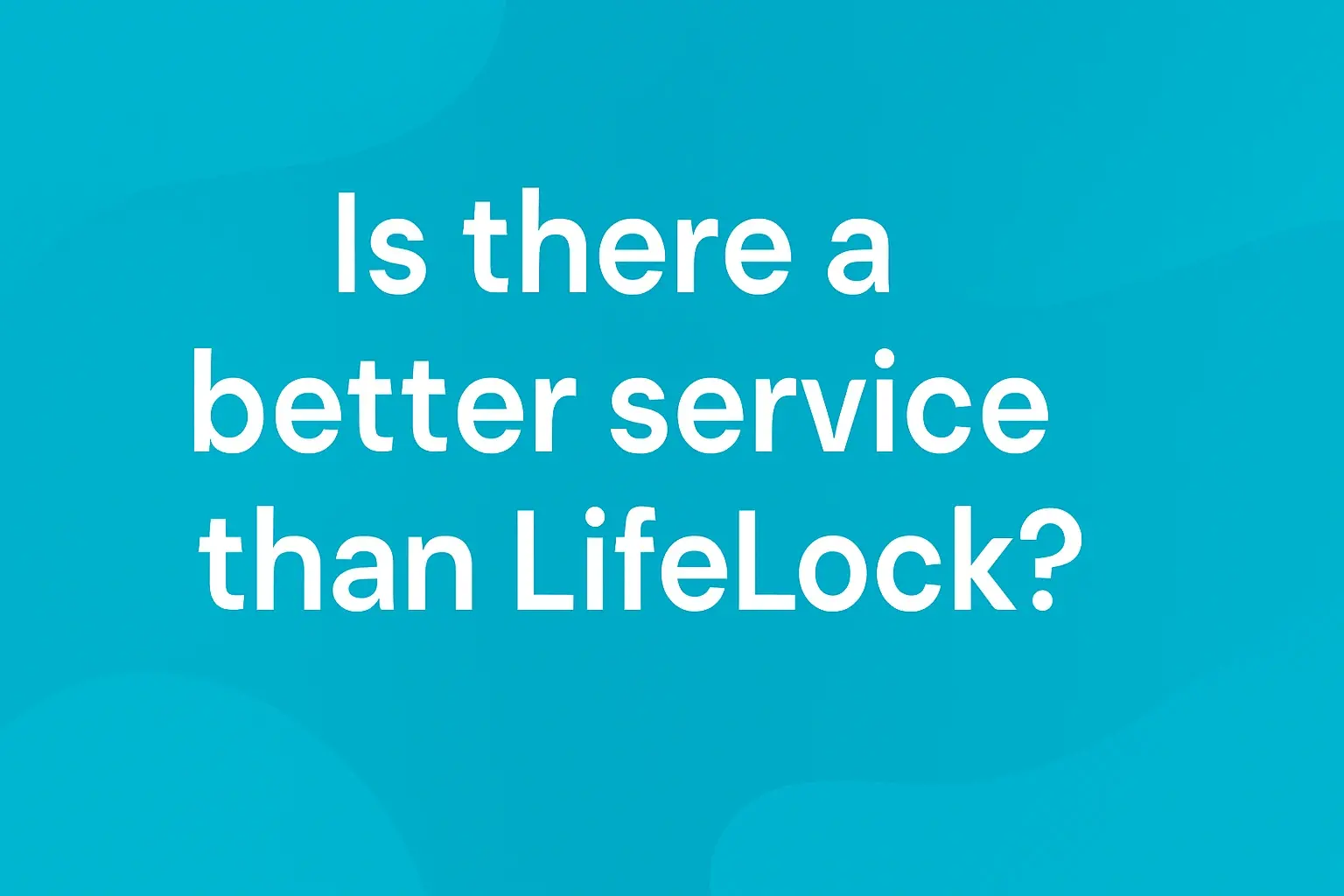-
Posted on: 18 Jul 2024
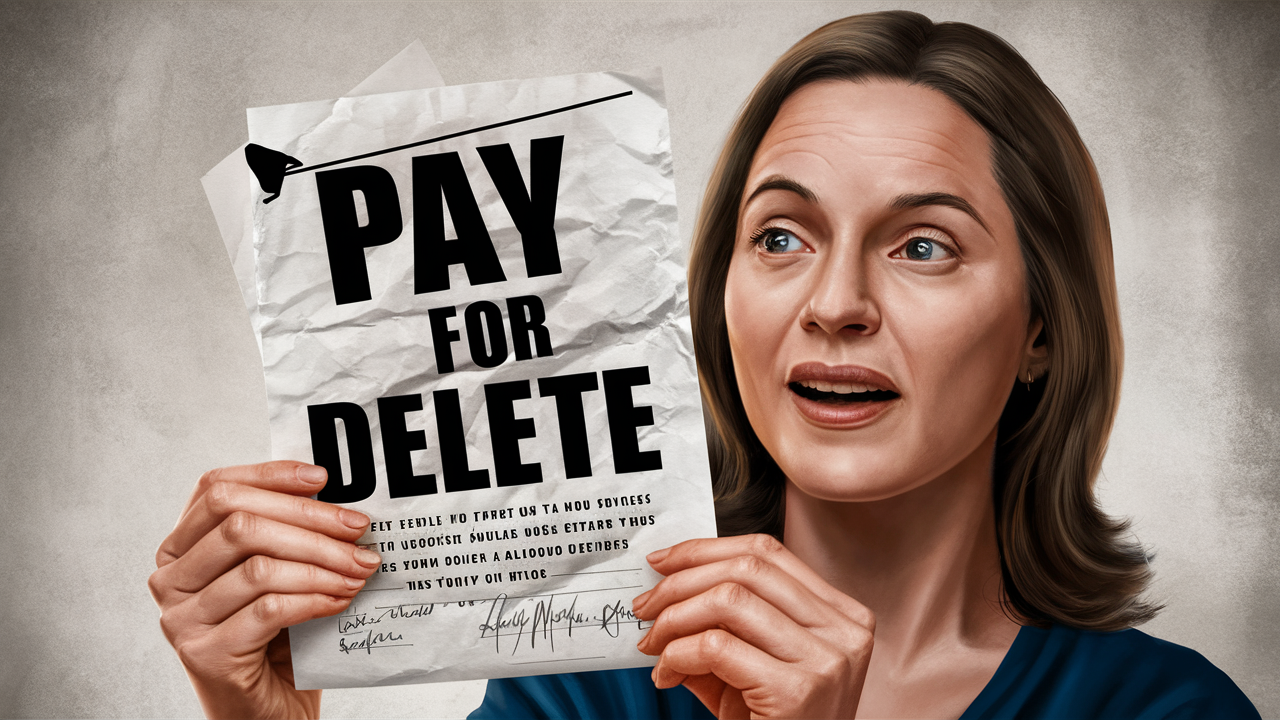
-
Your credit score is a crucial factor in many aspects of your life, from securing loans and mortgages to renting an apartment and even getting a job. Negative items on your credit report can significantly damage your score, making it harder to achieve your financial goals. This leads many individuals to explore various credit repair strategies, and one tactic that often surfaces is the "pay-for-delete" letter. But does it actually work? This comprehensive guide delves deep into the world of pay-for-delete letters, exploring their effectiveness, potential risks, and alternative approaches to improving your credit.
What is a Pay-for-Delete Letter?
A pay-for-delete letter is a written agreement you propose to a creditor or collection agency. In this agreement, you offer to pay a debt, typically a portion of the total amount owed, in exchange for the creditor or collection agency agreeing to remove the negative item related to that debt from your credit report. The premise is simple: you pay, they delete. It's essentially a negotiation tactic aimed at cleaning up your credit history.
The Rationale Behind Pay-for-Delete
The appeal of a pay-for-delete letter stems from the potential for a quick and significant boost to your credit score. Negative marks like late payments, charge-offs, and collection accounts can weigh heavily on your creditworthiness. Removing these items can substantially improve your credit score, opening doors to better interest rates, loan approvals, and other financial opportunities.
Does Pay-for-Delete Actually Work? The Reality Check
While the concept of pay-for-delete sounds promising, the reality is that it's not a guaranteed solution, and its effectiveness is highly variable. Here's a breakdown of the factors that influence whether a pay-for-delete strategy will work for you:
- Creditor/Collection Agency Policy: The most significant factor is whether the creditor or collection agency is willing to agree to a pay-for-delete arrangement. Many creditors have policies against deleting accurate information from credit reports, regardless of whether the debt is paid. This is because they have a responsibility to report factual information to the credit bureaus.
- Type of Debt: Pay-for-delete is more likely to be successful with collection agencies than with original creditors. Collection agencies often purchase debts for a fraction of their original value and may be more willing to negotiate deletion to recoup some of their investment. Original creditors are less likely to agree, especially if they still own the debt.
- Age of the Debt: Older debts that are nearing the statute of limitations for collection may be more negotiable. Collection agencies might be more inclined to accept a pay-for-delete offer on these debts, as their options for legally pursuing the debt are diminishing.
- Negotiation Skills: Your ability to negotiate effectively can play a role. Clearly articulating your offer and demonstrating a willingness to pay can increase your chances of success.
- Documentation: It is absolutely crucial to get any pay-for-delete agreement in writing before you make any payment. A verbal agreement is worthless. The written agreement should clearly state that the creditor/collection agency will remove the specific negative item from your credit report upon receipt of your payment.
Why Pay-for-Delete Agreements are Not Always Honored
Even if you secure a written pay-for-delete agreement, there's still a risk that the creditor or collection agency may not honor their commitment. Here are some reasons why this might happen:
- Internal Policy Changes: A company's policies can change after you reach an agreement. A new management team or a shift in strategy could lead to the company reneging on its promise.
- Human Error: The individual you negotiated with may not have the authority to authorize a deletion, or the deletion request may simply be lost in the system.
- Dishonest Practices: Unfortunately, some unscrupulous collection agencies may make false promises to entice you to pay, with no intention of deleting the information from your credit report.
The Potential Risks of Pay-for-Delete
While the prospect of a credit score boost is tempting, it's essential to be aware of the potential risks associated with pursuing a pay-for-delete strategy:
- Re-Aging the Debt: Making a payment on a debt that is nearing the statute of limitations can "re-age" the debt, restarting the clock and giving the creditor more time to sue you for the full amount. This is a significant risk that should be carefully considered.
- Waste of Money: If the creditor refuses to delete the item after you've paid, you've essentially wasted your money. You've paid the debt, but your credit report remains damaged.
- Attracting Scammers: The desire to improve your credit quickly can make you vulnerable to credit repair scams. Be wary of companies that guarantee results or demand upfront fees.
- Legality Concerns: Some argue that pay-for-delete agreements are unethical or even illegal because they involve removing accurate information from credit reports. While not explicitly illegal in most jurisdictions, it goes against the spirit of accurate credit reporting.
Alternatives to Pay-for-Delete: Smarter Credit Repair Strategies
Given the uncertainties and potential risks of pay-for-delete, it's often more prudent to focus on other, more reliable credit repair strategies:
1. Credit Report Review and Dispute Inaccuracies
This is the cornerstone of any effective credit repair strategy. Obtain copies of your credit reports from all three major credit bureaus (Equifax, Experian, and TransUnion). Carefully review each report for errors, inaccuracies, and outdated information. This includes incorrect account balances, late payment dates, accounts that don't belong to you, and accounts that should have been removed due to the statute of limitations.
How to Dispute Errors
If you find any errors, file a dispute with the credit bureau that is reporting the inaccurate information. You can do this online, by mail, or by phone. Include supporting documentation to back up your claim. The credit bureau is legally obligated to investigate your dispute and resolve the issue within 30 days (or 45 days in some cases).
2. Debt Validation
If you have a debt in collections, you have the right to request debt validation from the collection agency. This requires the collection agency to provide proof that they legally own the debt and have the right to collect it. They must provide documentation such as the original credit agreement, account statements, and proof of ownership. If the collection agency fails to provide adequate validation, you can dispute the debt with the credit bureaus and potentially have it removed from your credit report.
3. Good Credit Habits: The Long-Term Solution
The most effective way to improve your credit score is to establish and maintain good credit habits. This includes:
- Paying Bills on Time: Payment history is the most significant factor in your credit score. Set up automatic payments or reminders to ensure you never miss a due date.
- Keeping Credit Card Balances Low: Aim to keep your credit card balances below 30% of your credit limit. This demonstrates responsible credit utilization.
- Avoiding Opening Too Many New Accounts: Opening multiple new credit accounts in a short period can lower your average account age and negatively impact your credit score.
- Monitoring Your Credit Regularly: Regularly check your credit reports to monitor your progress and identify any potential issues early on.
4. Secured Credit Cards
If you have limited or damaged credit, a secured credit card can be a helpful tool for rebuilding your credit. A secured credit card requires you to deposit a security deposit, which typically serves as your credit limit. By using the card responsibly and making timely payments, you can demonstrate creditworthiness and gradually improve your credit score.
5. Credit Builder Loans
Credit builder loans are designed to help individuals with little or no credit history establish credit. With a credit builder loan, you make payments to the lender, and the lender reports your payment history to the credit bureaus. These loans are typically small and have fixed interest rates.
Conclusion: Weighing the Options
Pay-for-delete letters can seem like an attractive shortcut to improving your credit score. However, they are not a reliable or guaranteed solution. Many creditors and collection agencies are unwilling to enter into such agreements, and even when they do, there's no guarantee they will follow through. The potential risks, such as re-aging the debt or wasting money, often outweigh the potential benefits.
A more effective and sustainable approach to credit repair involves focusing on proven strategies such as reviewing your credit reports for errors, disputing inaccuracies, requesting debt validation, and establishing good credit habits. While these methods may take longer, they are more likely to lead to lasting improvements in your credit score and overall financial health.

